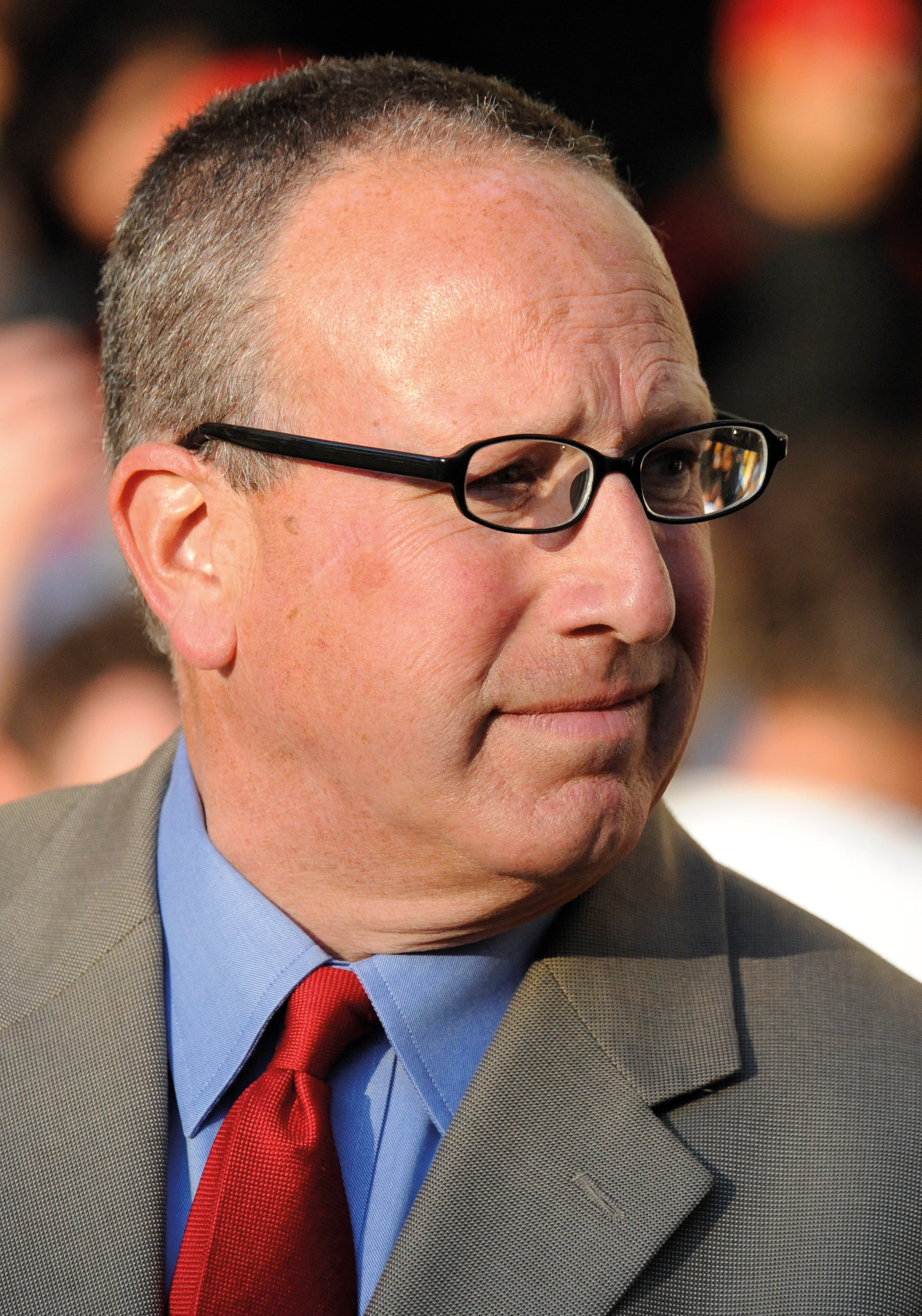#Soundbites - how can trainers improve racing's public perception / image?
/Article by Bill Heller
Bruce Levine
Can you ask an easier question? The only thing I can say is, if more people came out in the morning to see a horse train, you’d get a better handle and feel on how fragile the horses are. When you run horses, injuries are going to happen. You watch football players, they don’t put them down, but they cart them off. Horses’ ankles are so much smaller. It’s a fact of life.
D. Wayne Lukas
I think that they should probably interact more with the general betting public and the fan base, and let the general betting public and fanbase know there are some real sound people training. Let them get to know personalities.
Richard Mandella
I would say that you have to deal with the public when you have a chance to, to explain what we do. Be as open as possible so we don’t keep training a secret, so that the public can appreciate what we do. It’s a very important question because we need to do everything we can to gain respect for the sport that we seem to be losing.
Mark Hennig
Do things the right way would be one thing. I think there’s a lot of negativity, especially in social media, but there are positives, too. Trainers can explain what goes on every day. We have so much love and care and admiration that goes into these horses. I don’t know if we do a good job getting that message out.
Mike Stidham
I think the most important thing is every trainer taking responsibility for his job to do the very best they can to keep the horses safe and healthy. Always do the right thing. Keep the horse first. Make the horse the priority. Because I think when you’re out in the public with people who don't know racing, they worry about horses dying. They see horses die. As trainers we don’t have total control over that, but we can make a difference by doing the right thing for the horses, giving them the benefit of the doubt. To me, that’s the most important thing.
Mike Trombetta
You know, obviously that’s a good question. I think the answer to that is of all the things that happen in racing, the good majority are upbeat stories. In our world, too much emphasis is on the negative. Just watch the news. It’s horrible to watch. If something bad happens, you hear about it five minutes later. With racing, there’s a million good stories we never hear about. It’s not talked about quite enough. Perception is reality.
Tim Hills
Be more accessible to the people at the races and the media. We’re always full disclosure. We’re not hiding anything. We love what we do and we want to share it with anyone who wants to know.



































